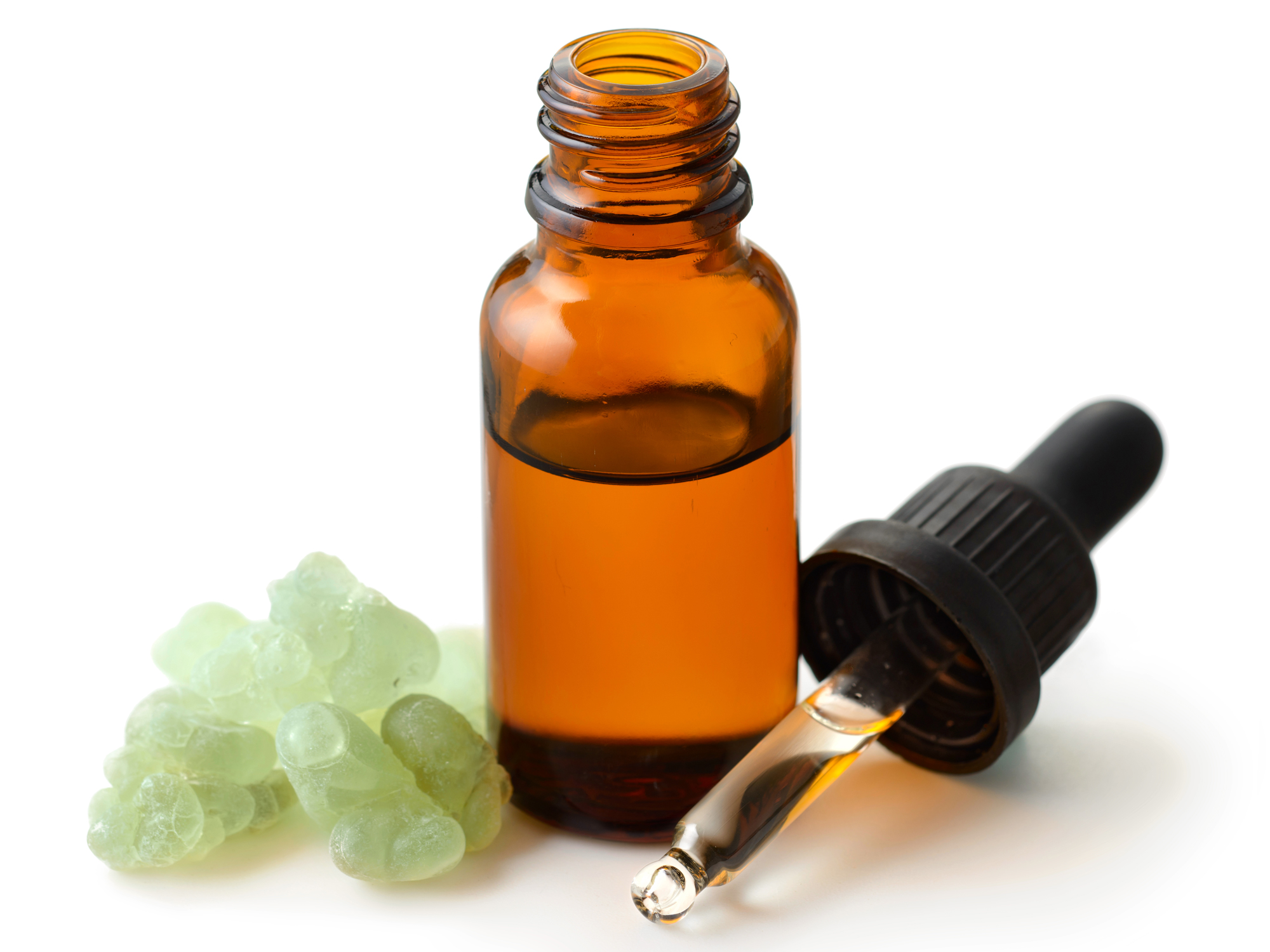Get Easy Health Digest™ in your inbox and don’t miss a thing when you subscribe today. Plus, get the free bonus report, Mother Nature’s Tips, Tricks and Remedies for Cholesterol, Blood Pressure & Blood Sugar as my way of saying welcome to the community!
Boswellia: Nature’s answer from inflammation to cancer

Chronic inflammation is a killer, in so many ways…
It’s at the root of almost every debilitating and fatal disease we suffer with. Research even points to some clear connections between inflammation and cancer.
My colleague, Dr. Isaac Eliaz, teaches that our modern diet is the root cause of chronic inflammation.
But if you’re already suffering with arthritis, autoimmune disease, diabetes, heart disease or other conditions, you need answers. You need safe, natural ways to find relief and control the inflammation that’s driving the disease.
The medical community has its own “prescription” for relieving inflammation, which generally involve medications that can carry side effects ranging from inconvenient to fatal.
Fortunately, there are natural and safe alternatives for fighting inflammation. First though, a quick review of the dangers of out-of-control inflammation on the body…
Inflammation: both friend and enemy
Inflammation is a normal part of our immune system. When our body is injured by disease or trauma, the damaged cells release chemicals that increase blood flow to the area. These chemicals also can travel to the brain, causing fever.
Chronic inflammation occurs when the body is continually assaulted with toxins, stress, bad food and other factors, causing the body to be in a perpetual self-protective state and triggering numerous autoimmune conditions, and worse disease.
What doctors do about inflammation
NSAIDs (aspirin, ibuprofen and naproxen are the most common) and steroids are the go-to treatments for pain and inflammation. But the relief they offer comes with a price…
NSAIDs block the production of enzymes needed for a healthy stomach lining, which is why they cause stomach irritation, bleeding, peptic ulcers and kidney problems.
A “second generation” of NSAID known as COX-2 inhibitors were created to solve this problem, but had serious cardiac side effects. Some were taken off the market because of this.
So, what to do about inflammation?
Boswellia: Safer than NSAIDs and steroids
Boswellia serrata, a tree that is native to India, has long been used in traditional Indian and Chinese medicine to control arthritis and other inflammatory conditions.
The extract from this tree is known as frankincense oil. Not only is this ancient oil anti-inflammatory, but it supports health and well-being in at least 21 other ways!
And the research backs it up. In fact, there are mountains of research demonstrating not only Boswellia’s safety as a natural substitute for dangerous NSAIDs, but that it may actually be more effective. Here’s why…
Unlike NSAIDs, Boswellia extract works to block the pro-inflammatory enzyme 5-LOX, short-circuiting the production of leukotrienes, a compound derived from leukocytes (cells that gobble up invaders in our bodies).
In other words, it tells your immune system to “calm down” and to stop attacking your body when there’s no danger.
In just one example, 40 patients with bronchial asthma were treated with Boswellia resin in a double-blind study. Within six weeks, 70 percent had few or no physical symptoms.
Boswellia and cancer
More and more research points to the power of Boswellia as a cancer fighter…
In 2011, an international group of researchers concluded that Boswellia sacra essential oil both induced apoptosis (cell death) and helped control the spread of breast cancer cells.
In the same year, researchers at the Cytokine Research Laboratory at the University of Texas found that Boswellia serrata induced apoptosis in pancreatic cancer cells, as well as slowing their spread to the spleen, liver and lungs in mice.
Finally, a 2017 study at the Hamadan University of Medical Sciences in Iran investigated the effect of Boswellia on human colon cancer cells. Their findings suggest that Boswellia extract can slow the growth and metastasis of these cells as well as slowing the growth of blood vessels that feed tumor cells (a process known as angiogenesis).
How to use Boswellia
You can take Boswellia in supplement form or use frankincense oil topically. It’s always a good idea to check with your doctor before starting any new herbal remedy, especially if you’re hoping it will control a condition you’re being treated for, such as arthritis, asthma, and certainly cancer.
You can also combine frankincense with coconut oil or jojoba oil and rub it on sore or inflamed areas. Test a small area of your skin first to be sure you don’t have an adverse reaction.
For allergies and sinus infections, a few drops on a cloth inhaled deeply several times a day can work wonders.
Editor’s note: Discover how to live a cancer prevention lifestyle — using foods, vitamins, minerals and herbs — as well as little-known therapies allowed in other countries but denied to you by American mainstream medicine. Click here to discover Surviving Cancer! A Comprehensive Guide to Understanding the Causes, Treatments and Big Business Behind Medicine’s Most Frightening Diagnosis!
Sources:
- Effects of Boswellia serrata gum resin in patients with bronchial asthma: results of a double-blind, placebo-controlled, 6-week clinical study — European Journal of Medical Research
- Boswellia sacra essential oil induces tumor cell-specific apoptosis and suppresses tumor aggressiveness in cultured human breast cancer cells — BMC Complementary and Alternative Medicine
- Boswellic Acid Suppresses Growth and Metastasis of Human Pancreatic Tumors in an Orthotopic Nude Mouse Model through Modulation of Multiple Targets — PLoS One
- Methanolic extract of Boswellia serrata exhibits anti-cancer activities by targeting microsomal prostaglandin E synthase-1 in human colon cancer cells — Prostaglandins & Other Lipid Mediators












